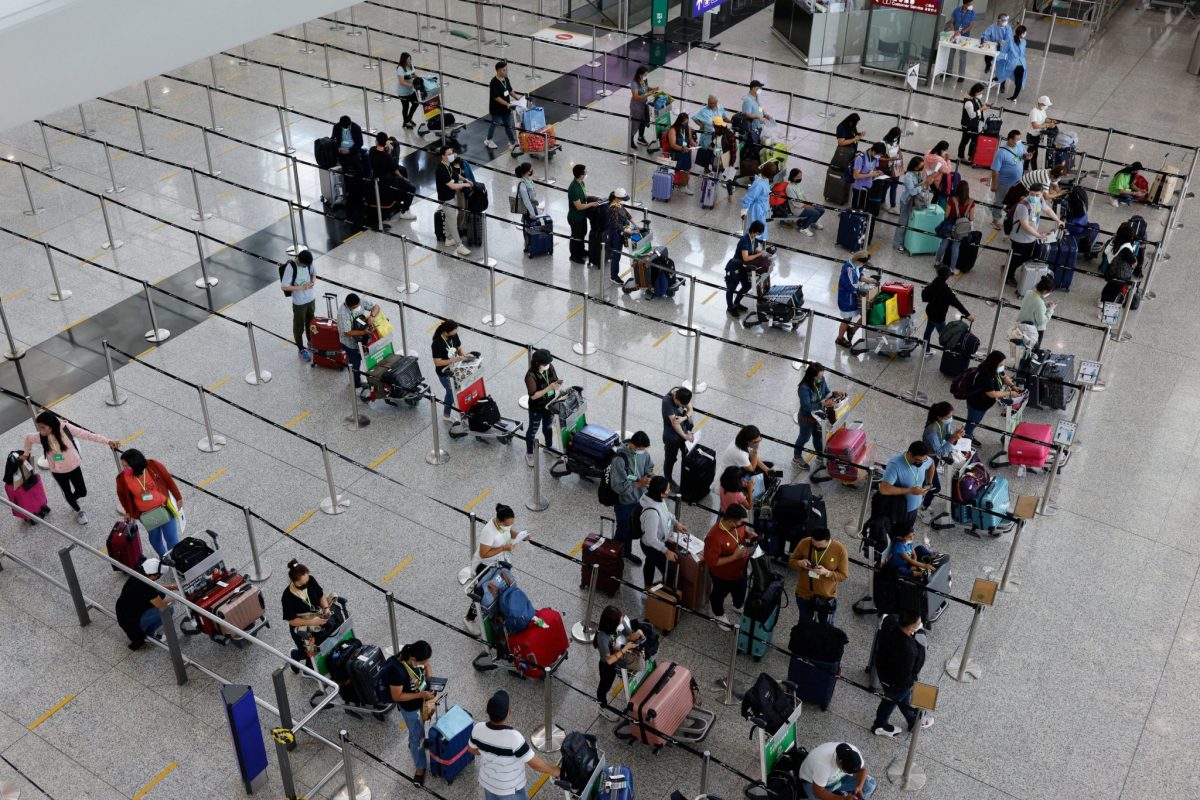Skift Take
How long will we have to wait before China's outbound tourism sentiment is revived completely?
China has lifted pandemic-era restrictions on group tours for more countries, including key markets such as the United States, Japan, South Korea and Australia in a potential boon for their tourism industries.
The decision was announced by China’s culture and tourism ministry on Thursday, effective immediately.
Prior to the pandemic, mainland Chinese tourists spent more than any other country’s tourists when abroad, clocking up a combined $255 billion in 2019 with group tours estimated to account for roughly 60% of that.
Their absence since the pandemic has led to financial troubles for many tourism-dependent businesses around the globe.
Germany and Britain were also among the countries for which restrictions were lifted but Canada, which has had especially politically fraught relations with China of late, was not reinstated.
It was China’s third list of countries to receive approvals. The first batch approved in January included 20 countries such as Thailand, Russia, Cuba and Argentina. The second batch in March included 40 countries, among them Nepal, France, Portugal and Brazil.
China has never explained its staggered approach to approvals but analysts have noted that the countries taking time to gain approval have had more political and/or trade tension with the world’s second-largest economy.
The move was welcomed by Japanese Prime Minister Fumio Kishida as well as tourism ministers in South Korea and Australia, who said it would boost their economies.
“This is another positive step towards the stabilisation of our relationship with China,” said Australian Trade and Tourism Minister Don Farrell.
Just how much outbound Chinese tourism will bounce back for the latest group of countries remains to be seen. Expectations that demand would come roaring back after borders were re-opened have to date been largely unfulfilled.
International flights in and out of China have recovered to only 53% of 2019 levels as of July.
That is in large part due to staffing issues for many global airlines that have limited the flying of more routes, slow visa issuance for Chinese travellers amid backlogs in many Western countries as well as a sputtering domestic economy that is discouraging many holidaying Chinese from spending big.
In response to the news, some Chinese said online that they were less than enthusiastic about international trips.
“I don’t want to go; I feel domestic travel is pretty good, such as the beautiful scenery in Xinjiang and the Northeast and the food is cheap,” said one Weibo user with the handle @Chongshengshilangbushilang.
But others were more upbeat.
“Despite a cooling overall economy, 40% of (Chinese) people say they will spend more on travel,” said Steve Saxon, a partner at McKinsey & Co. “People want to spend the money they’ve saved during COVID on international travel.”
Trip.com, China’s largest travel agency, noted that the news had led to a spike in searches for destinations including Australia and Japan.
Shares in firms in the latest group of countries with large exposure to Chinese travel demand jumped on the news. Gains for South Korean casino operators were particularly striking with Grand Korea Leisure (114090.KS) and Paradise (034230.KQ) surging 21% and 18% respectively.
Two sources in South Korea’s travel industry told Reuters it was the first time group tours from China would be allowed on a large scale since a 2016 dispute over Seoul’s deployment of a U.S. missile defence system. China has never publicly acknowledged limiting group tours to South Korea.
(Reporting by Casey Hall in Shanghai, Sophie Yu in Beijing and Joyce Lee in Seoul; Additional reporting by the Beijing newsroom; Editing by Jamie Freed and Edwina Gibbs)
This article was written by Casey Hall and Joyce Lee from Reuters and was legally licensed through the Industry Dive Content Marketplace. Please direct all licensing questions to [email protected].
UPADTE: This article has been updated with the latest version from Reuters.
The Daily Newsletter
Our daily coverage of the global travel industry. Written by editors and analysts from across Skift’s brands.
Have a confidential tip for Skift? Get in touch
Tags: china, china outbound, covid-19, japan, outbound travel, u.s., uk
Photo credit: China is resuming outbound group tourism to more destinations. Tyrone Siu / Reuters
